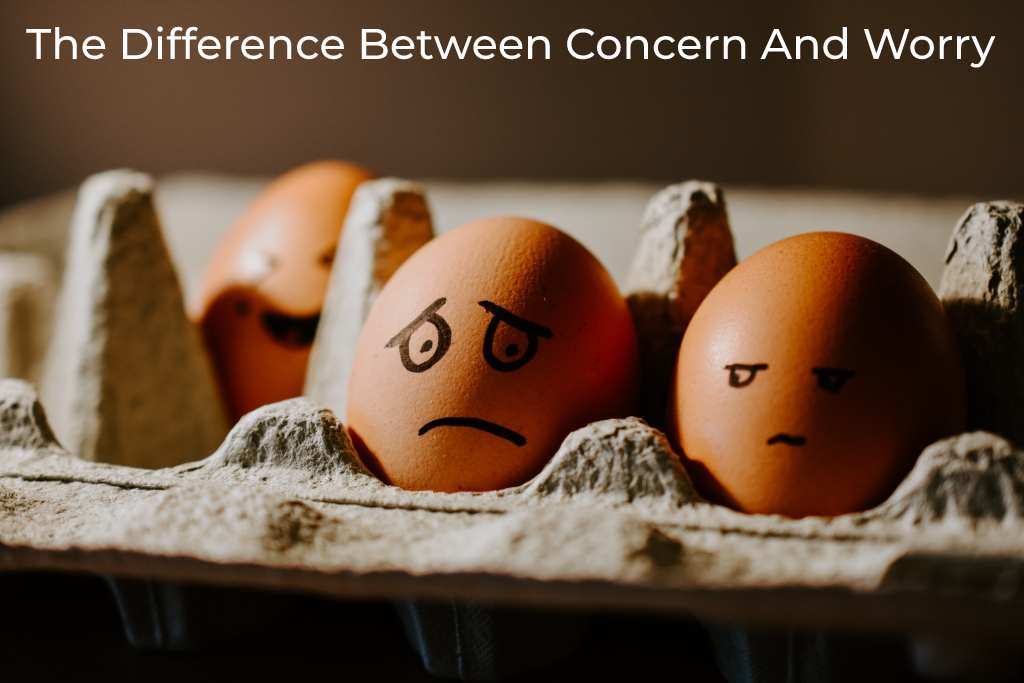
I was watching a sermon from Pastor Craig Groeschel titled Why Do I Always Worry? One of the things he mentioned was the difference between concern and worry. As humans, it’s natural to be concerned about things. We must be concerned to show that we care about something that must be done. What God doesn’t want us to be is worried, and there’s a difference.
“Concern” is seeing a challenge and taking action towards that challenge, while “worry” is often focusing on things you can’t control and remain in fear. The analogy Pastor Craig used in his sermon was when Jesus mentioned the birds in Matthew 6:26. Birds don’t think about the supply chain of worms running out, but they also don’t just sit around and wait for God to drop them some food. They go looking and expecting there to be food.
When we have faith, we are willing to do things that sound crazy to others. A concern is seeing a problem and taking the necessary action to fix that problem with trusting in the method you believe works. Worry, on the other hand, is wanting everything to be perfect, so you sit around overthinking the worst-case scenario and end up not taking action or doing things out of pure desperation and not in faith.
How do we worry less in this stressful world we live in? Here are a few key things we can do.
First and foremost, it is essential to remember that God is in control. This means that we can trust Him to handle whatever challenges come our way, and to work all things together for good for those who love Him. When we are tempted to worry, it can be helpful to remind ourselves of this truth and to focus on God’s faithfulness and goodness.
Second, it is important to take practical steps to address the issues that are causing us concern. This may involve seeking wise counsel from others, taking action to address problems, or engaging in self-care practices to reduce stress and anxiety. By taking concrete steps to address our concerns, we can help reduce worry and maintain a sense of balance and peace.
Finally, engaging in spiritual practices such as prayer, reading the Bible, and spending time in worship and fellowship with other believers is also helpful.
“That is why I tell you not to worry about everyday life—whether you have enough food and drink, or enough clothes to wear. Isn’t life more than food, and your body more than clothing? Look at the birds. They don’t plant or harvest or store food in barns, for your heavenly Father feeds them. And aren’t you far more valuable to him than they are? Can all your worries add a single moment to your life? “And why worry about your clothing? Look at the lilies of the field and how they grow. They don’t work or make their clothing, And if God cares so wonderfully for wildflowers that are here today and thrown into the fire tomorrow, he will certainly care for you. Why do you have so little faith? “So don’t worry about these things, saying, ‘What will we eat? What will we drink? What will we wear?’ These things dominate the thoughts of unbelievers, but your heavenly Father already knows all your needs. Seek the Kingdom of God above all else, and live righteously, and he will give you everything you need. “So don’t worry about tomorrow, for tomorrow will bring its own worries. Today’s trouble is enough for today.”
– Matthew 6:25-28,30-34 [NLT]

0 Comments